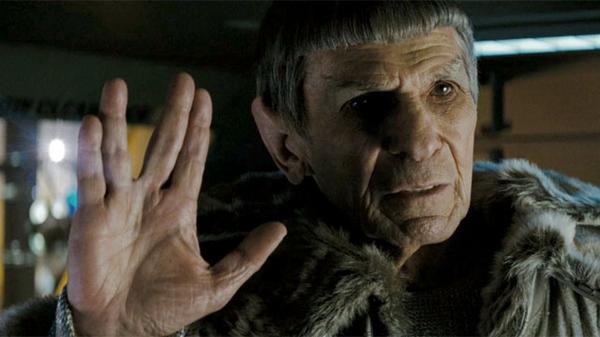 Screened recently featured an interesting and insightful article by Andrew Gray titled “Mr. Spock, Space Wizard.” The piece begins with an often ignored or overlooked function of technology in science fiction that is akin to magic. Gray then takes this a step further:
Screened recently featured an interesting and insightful article by Andrew Gray titled “Mr. Spock, Space Wizard.” The piece begins with an often ignored or overlooked function of technology in science fiction that is akin to magic. Gray then takes this a step further:
Science-fiction films and television have an odd relationship with magic. They dance on the line between fantasy and fact, replacing magic spells for scientific theories and technology. The most ardent science-fiction separates magic and science as antitheses. However, the brief nature of film and television require that the impossible happen to advance a story. Magic is required. Science and technology are used as alternate names for magic — different monikers for the same type of arcane knowledge. Those that wield this knowledge of science are akin to fantasy film wizards. They are Space Wizards.
As the title of the essay indicates, Gray argues that Mr. Spock from the Star Trek franchise, may be understood as a Space Wizard. After tracing this concept back to science fiction’s earliest depiction in cinema, he then provides a number of examples, over the course of the character’s evolution, as to how Spock may be understood in this capacity.
If we move beyond the Space Wizard in science fiction cinema we can also note parallels in psychology, myth, and religion. This ocmes in the figure of the Magus, the legendary magician of superhuman powers, which, according to E. M. Butler in his book The Myth of the Magus (Cambridge University Press, 1948), “is an archetype central to myth and religion across many cultures.”
If Butler’s concept of the Magus holds true, then it is not surprising to see it surface in science fiction cinema as one of our leading expressions of myth for a scientific and mystical age. Screened and Mr. Gray are to be commended for probing one of science fiction’s most beloved characters for a deeper understanding of his significance.





There are no responses yet